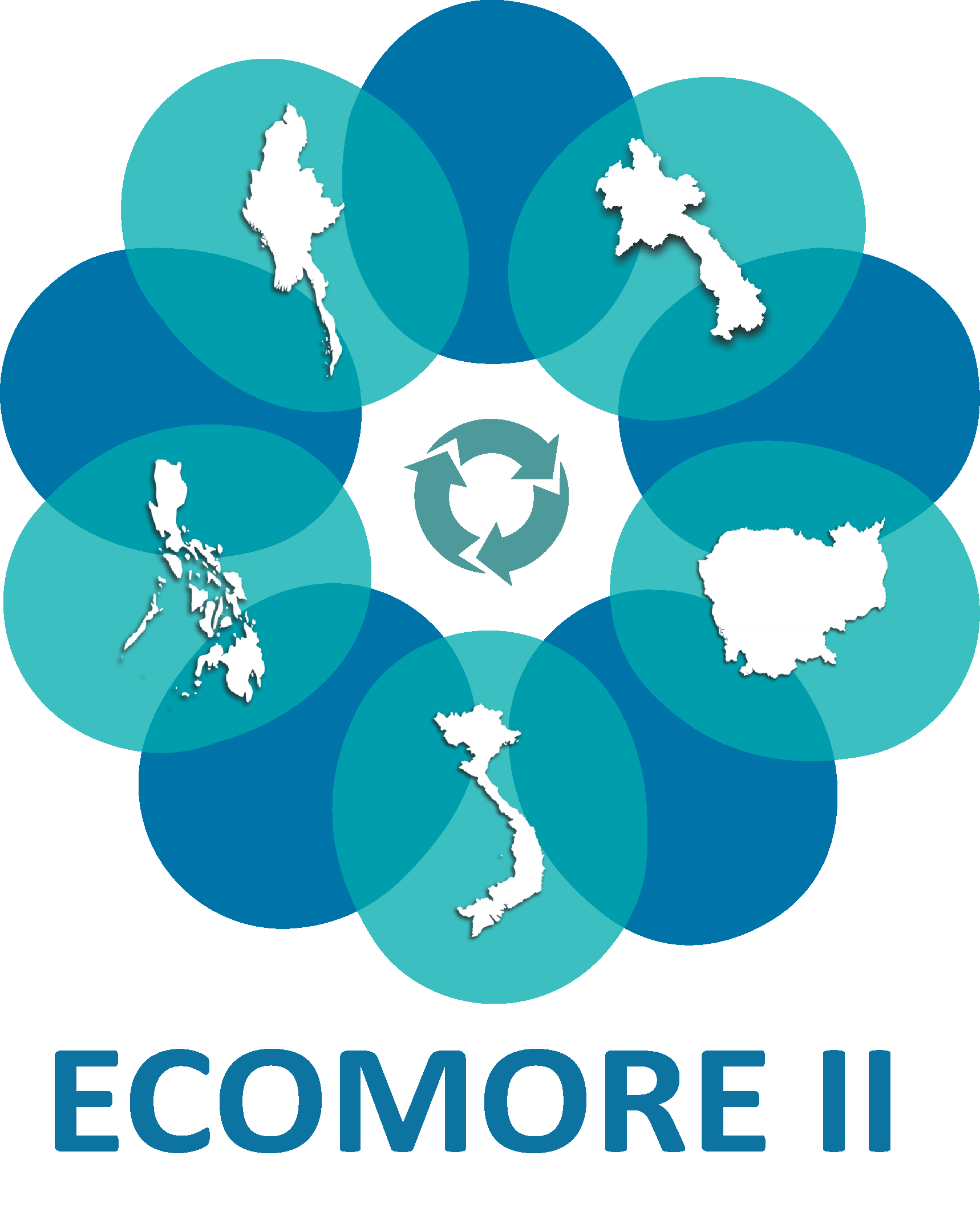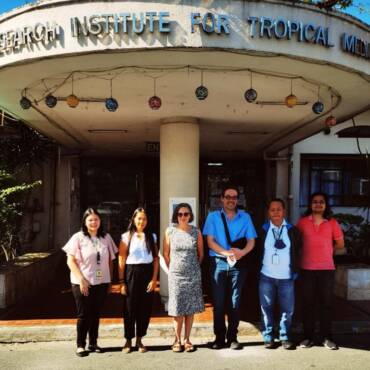Viet Nam is one of the countries that could set an example in terms of epidemic management. Social measures, decentralization of diagnosis, sequencing, vaccination, all the cogs of a response to the epidemic have been successfully put in place, even if Viet Nam today has many confirmed cases.
A late epidemic on national territory
Viet Nam has experienced a specific COVID-19 epidemic than other parts of the world. Indeed, the country was spared all year 2020 thanks to lockdown and strict social measures. The first wave of outbreak with the delta variant started in June 2021, when the sequencing of the virus was known, and vaccines began to be available.
As soon as the first case appeared in the Ho Chi Minh region, the epidemic spread at an exponential rate reaching in January 2022 nearly 2 million confirmed cases. With all the same mandate to fight COVID-19 pandemic, the country’s three national reference laboratories (one per region), namely the National Institute of Hygiene and Epidemiology, the Institut Pasteur de Nha Trang and the Institut Pasteur d’Ho Chi Minh have therefore seen the increasing number of tests flow in very little of time.
“When the tests came in droves, we were analyzing an average of 5,000 samples per day, we had no time to devote ourselves to other activities such as epidemiological studies or sequencing for example. Therefore, it was quickly decided, with the national health authorities, to train peripheral public laboratories as well as those of public and private hospitals in the regions.” explains Tran Thi Mai Hung, Deputy head of Planing and International Cooperation Department of the National Institute of Hygiene and Epidemiology.
Decentralize SARS-CoV-2 diagnostic capabilities to peripheral laboratories
Thanks to the COVID-19 emergency funding set up by Agence française de développement (AFD) as part of the Ecomore II project, the National Institute of Hygiene and Epidemiology (NIHE) has therefore developed face-to-face training on the SARS- CoV-2 diagnosis, as well as sample collection and transport.
“We decided to provide a training-of-trainers, that means that we trained managers who in turn trained their teams in their laboratories. To ensure the quality of the analyses, we then carried out quality controls in each of the laboratories. Laboratories that have passed their quality control have been awarded a certification allowing them to analyze the samples,” explains Dr Tong Thi Ha, deputy director of the NIHE training and science management center.
In total, 204 laboratories were trained across the country in one year by the three national reference laboratories. Nearly 300 people have been trained by NIHE only in the North region and the hinterland alone. In comparison, at the same period Lao’PDR had 3 laboratories trained in COVID-19 diagnosis and the Philippines had 157 laboratories. Viet Nam has therefore succeeded in quickly setting up a very fine network of laboratories capable of reporting epidemiological data from diagnosis.
Sequencing and vaccination: new challenges addressed by national reference laboratories:
The decentralization of tests to peripheral laboratories has enabled the three national reference laboratories to carry out other activities such as sequencing, vaccination and conducting epidemiological studies on SARS-CoV-2.
The National Institute of Hygiene and Epidemiology, the Institut Pasteur de Nha Trang and the Institut Pasteur d’Ho Chi Minh are all equipped with sequencers, necessary high-tech equipment to monitor variants. Therefore, they respectively document the circulation of variants in their region, allowing their national authorities to have a global picture on the whole territory. In January 2022, the Institut Pasteur de Nha Trang detected the first Omicron case in the territory, which currently represents 15% of the circulation of SARS-CoV-2 in Viet Nam*.
Arrived late on the territory, the vaccination was started in the fall of 2021 and is still in progress. “Thanks, in particular to the Covax program of Gavi, the Vaccine Alliance and the help of France, we have been able to start large-scale vaccination campaigns in recent months. Currently, 70%* of the population is vaccinated and we are currently conducting benefit-risk studies to vaccinate children aged 5-11 years. concludes Tran Thi Mai Hung.



Add Comment